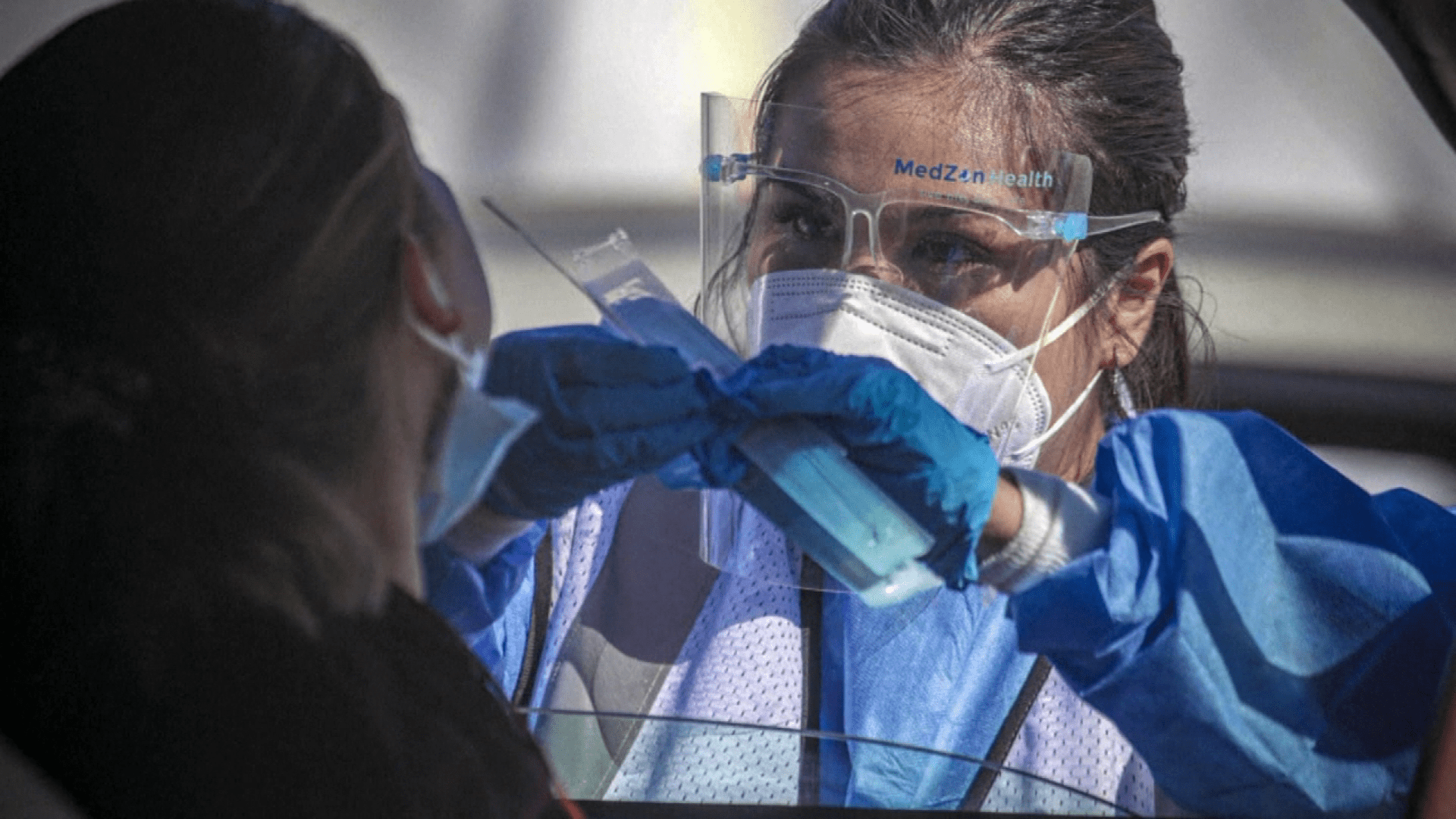Covid-19 in 2023
In 2020, most of us knew very little about the virus to become known as COVID-19. Now, as we enter 2023, that disease is known by most around the globe. So how will the pandemic be felt in 2023? This question in a lot of ways is impossible to answer, given a number of unknowns. We sat down with resident medical expert to the show, Dr. Dylan Wyatt of St. Luke’s hospital, to get his take on the matter.
“We can get waves as the virus or one of those viruses goes through different kinds of holiday gatherings and other things like that and can kind of spread. So I would anticipate seeing a bit of a rise in COVID in the beginning of the year from the Christmas and New Year’s festivities,” says Wyatt.
Although there is potential for a rise in Covid cases, the Northland as a whole has very high vaccination rates. That is great news as that means that while those cases will climb, hospitalizations will somewhat climb, ICU admissions will very slightly increase, but deaths are actually quite unlikely to increase substantially, according to Wyatt. Now of course, there’s always the potential for a new variant or something of that nature, and with that comes day to day exposure. How can folks keep themselves healthy during the New Year?
“The best way is avoiding the large groups of people. The more individuals you’re around, the more likely that you are to catch it. So if you have to go to the store, think of peak hours when it opens closer to closing to reduce the amount of people that are around you,” says Wyatt.
The next stages of the pandemic will more than likely be influenced by people’s behavior. There’s no certainty that new variants will emerge that have an effect, but it is possible. It’s important that plans are in place to respond in the context of waning interest in COVID and resurgent misinformation and disinformation.

“I think just the key to remember is to focus on your village, the people around you. And to remember that we can only affect the things around us. We can only affect our neighborhood, we can only affect our city truly,” finishes Wyatt.

